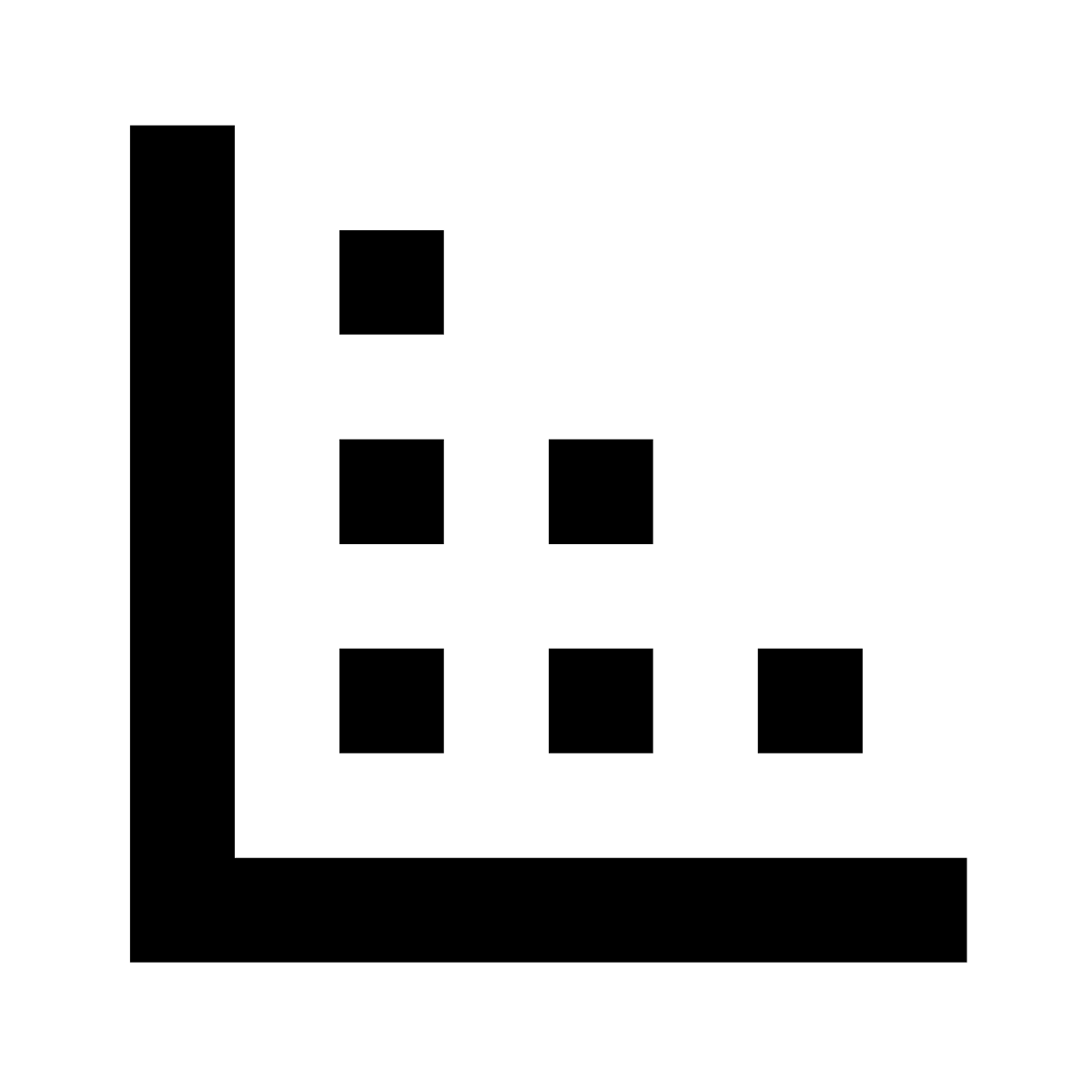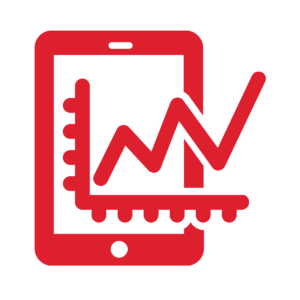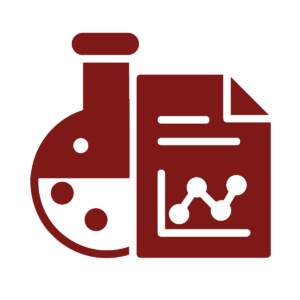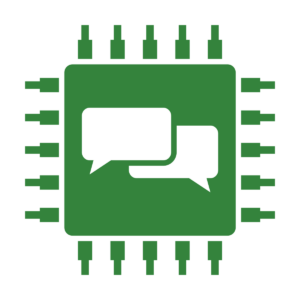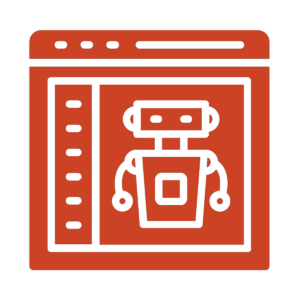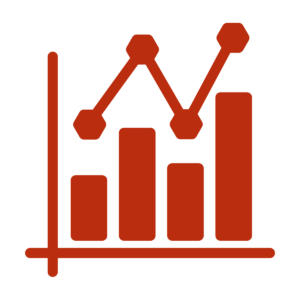All training courses are provided in-house and the courses listed below can be mixed to meet your needs.
Please contact us to discuss what courses would best match your requirements and if you have any questions on specific courses or course categories.
This two-week bootcamp will take you from not knowing anything about computer programming (a ‘Noob’ in the programming world) to starting to self-learn with confidence. The first week will focus on an overview of programming practices and strategies, along with a discussion of other computer concepts relevant to programming: types of programming languages and programmers, programming best practices, programming theory and practice, operating systems and file systems, internet and cloud protocols. There will be hands-on exercises in the first week, but they will not require participants to write code from scratch. The second week will be a series of labs where participants learn to write a series of simple programs using both Python (as an example of a general programming language) and R (as an example of a specialty programming language, focusing on data manipulation, analysis and visualization), culminating in a cap-stone simple web-app project.
Hot on the heels of the data science explosion, data translators are becoming the next big in-demand role in data-driven projects. But what is a data translator, and what do you need to know to become one? This one-day workshop will introduce you to the data translator role, which focuses on helping data scientists and business stakeholders communicate with each other. The workshop will also review the fundamental concepts and areas of expertise with which all data translators must be familiar, including: data science, data engineering, business intelligence and data management. The workshop will conclude by reviewing the typical parts and processes of data science projects, and explore the role of the data translator at each stage.
Data analysis can only occur within the context of a supporting data architecture. Although the technological underpinnings and exact construction of such architectures can be vary, there are design principals that can be defined and described across technologies. This half-day workshop introduces a number of different high level data and information architectures, including databases, data lakes, ontogies, NoSQL and graph databases. Within the context of these architectures, the module also discusses, more generally what it means to structure data, and why choosing the correct data structure is essential in enabling the intended use of your data.
Before data can be used for increased awareness, decision support and knowledge discovery, it must be transformed from its raw state into one that is valid, usable and applicable to a particular problem. This half-day workshop provides a first pass look at some of the many different elements of data processing: data transformation, data validation, data cleaning and dealing with missing data, as well as some of the typical considerations and issues that arise at each of these data processing stages.
The French idiomatic expression “l’habit ne fait pas le moine” cautions analysts and data consumers alike not to fall into the trap laid by pretty pictures: content is more important than style. In a world where stakeholder buy-in and data storytelling is becoming increasingly important, however, there is no denying that great content and good visuals provide a significant upgrade on great content alone. In this course, we discuss the grammar of graphics (as implemented in the R tidyverse package ggplot2).

